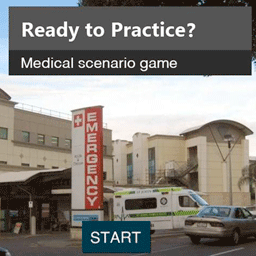
|
E-skills for Libraries and Learning Services E-skills |
Gaming & Gamification
What is it?
Gaming and gamification refer to the integration of games, or the mechanics of gaming, into educational experiences.
Educational Advantages:
- useful for scaffolding concepts and simulating real world experiences
- motivate and engage students in ways not possible in more formal learning approaches
- provide opportunities for contextualised, interactive, discovery-based learning
- improve critical thinking, problem-solving and teamwork skills.
Examples:
- University of Huddersfield Lemon Tree Project - http://www.hud.ac.uk/tali/projects/tl_projects_11/lemon_tree/ - students register with the system and earn points and rewards for interacting with library resources.
- Purdue University ‘Passport’ - http://www.itap.purdue.edu/studio/passport/ - classroom app allowing instructors and advisers to give students digital badges to indicate mastery of skills
- University of Minnesota – the School of Nursing has developed games that engage students with real-life scenarios. http://www1.umn.edu/news/features/2012/UR_CONTENT_408880.html
- University of Washington – the Foster School of Business uses scenarios from major businesses such as Starbucks and Nike to create simulation games. http://seattlebusinessmag.com/blog/uw-business-school-ties-game-maker.

Have a go!
In groups, brainstorm ideas for how games or gamification could be applied to teach students information literacy skills. Enter your ideas in the box below, and then click submit.



